Tag: Mental Health
-
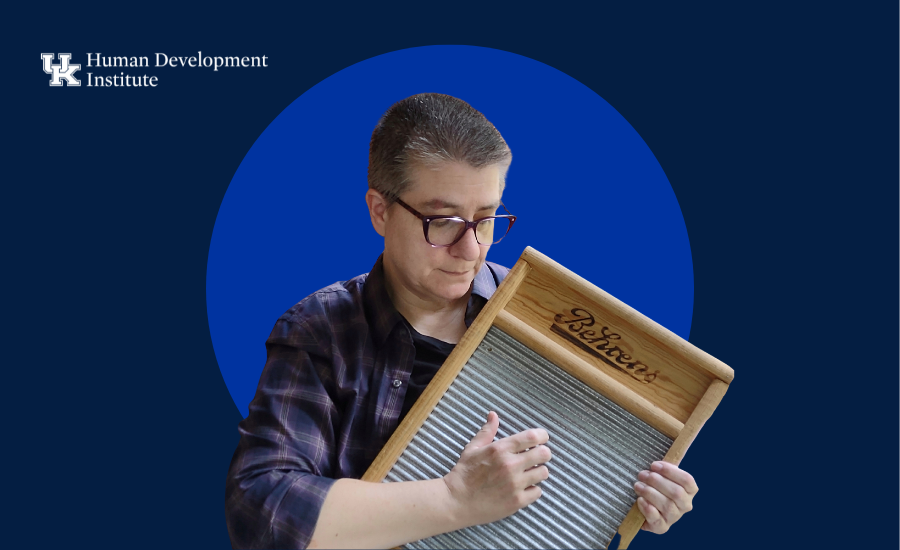
“All people offer perspective that is valuable to the rest of the world.” HDI Staff Erin Fitzgerald speaks on their experience with Neurodiversity and mental health
The following article discusses suicide, which some readers may find distressing. Erin Fitzgerald could always see the signs that she was different growing up – the tools to recognize how […]
-
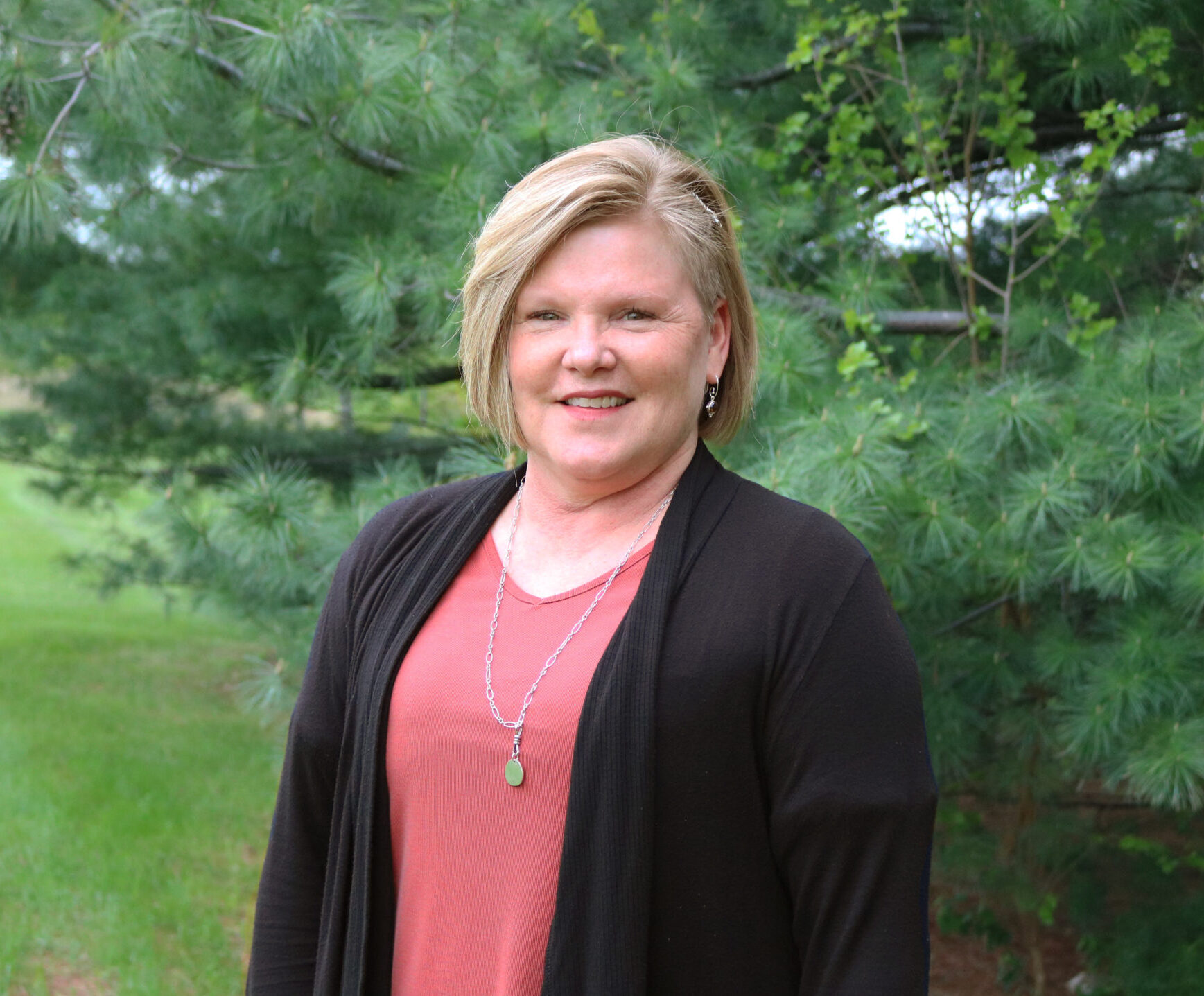
HDI’s Lisa Amstutz is Second in Kentucky to Earn Special Credential for Mental Health ASL Interpreting
Lisa Amstutz earned her Qualified Mental Health Interpreter Certification earlier this month, making her the second American Sign Language interpreter in Kentucky to do so. The credential is part of […]
-
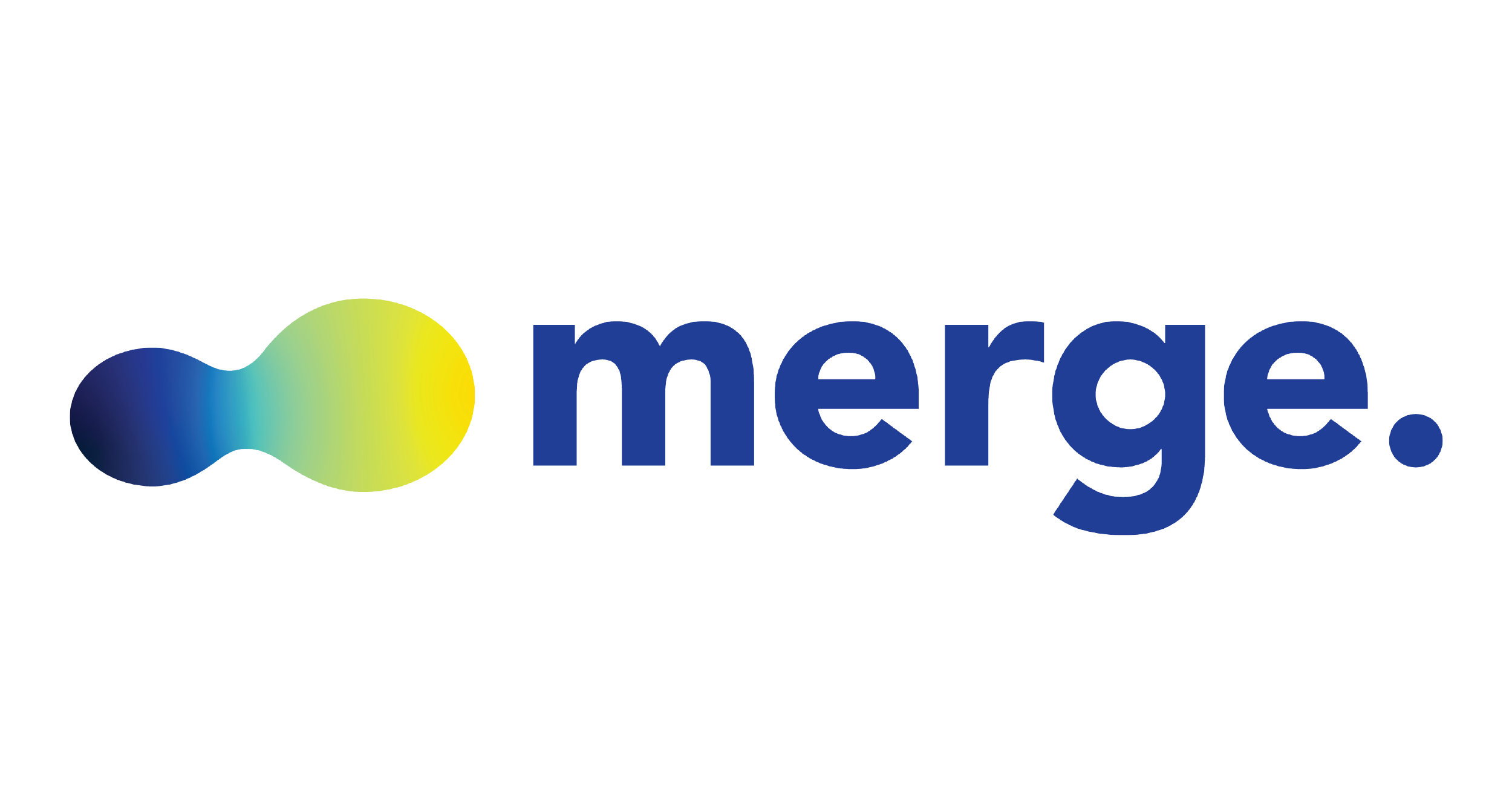
HDI introduces new mental health project: Merge
The University of Kentucky Human Development Institute introduces a new project: Merge. The project will strengthen the existing training framework serving Kentuckians with co-occurring mental health, and intellectual and developmental […]
-
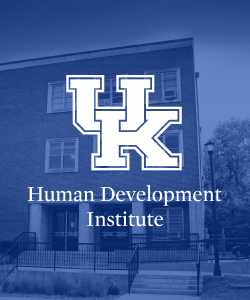
HDI Receives Notice of Awards
The University of Kentucky Human Development Institute (HDI) received notice of award of a five-year grant from the Administration for Community Living to better serve Kentuckians who experience co-occurring mental […]
-
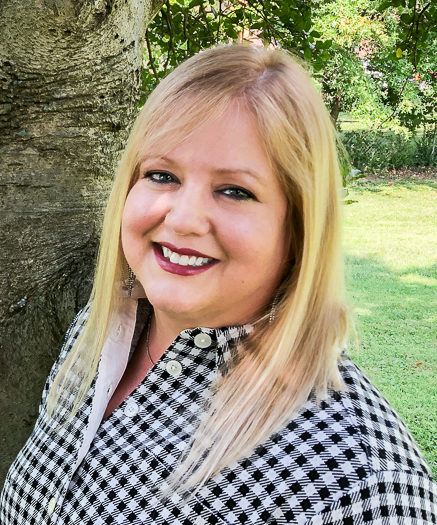
Dahl to Co-Chair AUCD Special Interest Group
Kristen Dahl, LPCC, CHES, has been selected to co-Chair the Mental Health Aspects of I/DD Special Interest Group of the Association of University Centers on Disabilities (AUCD). This group provides […]